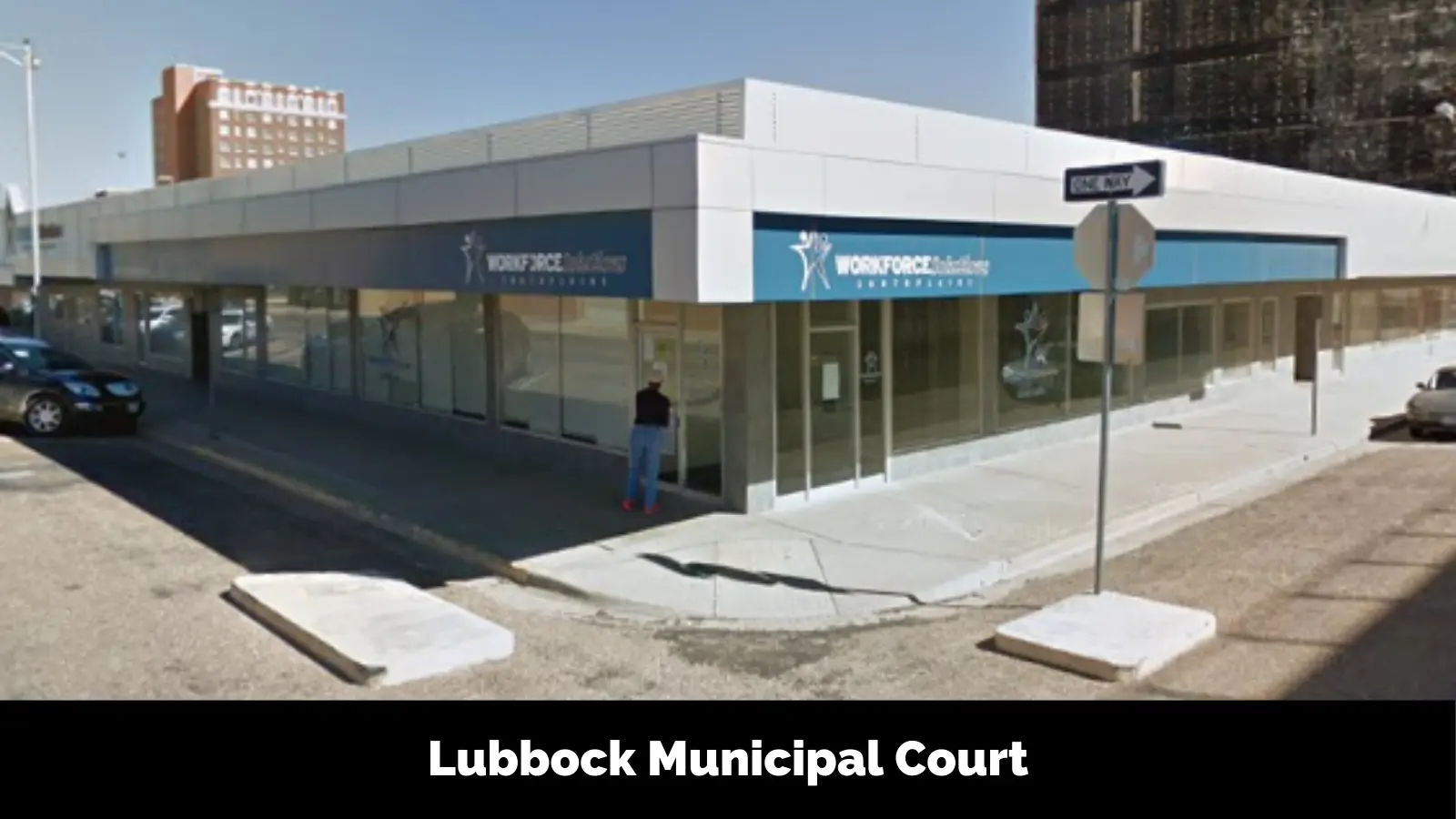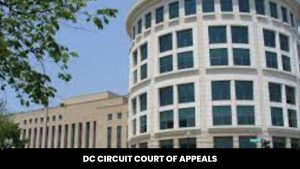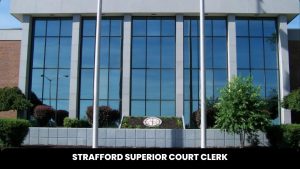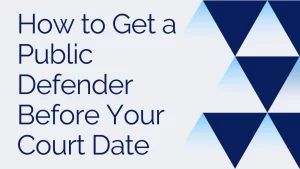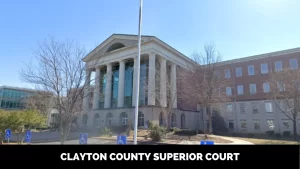Lubbock Municipal Court
The Lubbock Municipal Court is a vital part of the local justice system in Lubbock, Texas. Situated in Municipal Square at the intersection of 14th Street and Avenue L, the Court is conveniently located for residents of the city. The Court deals with a broad range of cases, including civil, traffic, and criminal cases. This means that the Court handles everything from minor traffic violations to more serious criminal offenses. The Court’s mission is to ensure that justice is served for all individuals who come before it, and it strives to do so in a fair and impartial manner.
The Lubbock Municipal Court is an essential resource for the community, providing a forum for individuals to resolve their legal disputes in a timely and efficient manner. With its central location, the Court is easily accessible to residents of the city, ensuring that justice is accessible to all. The Court’s staff is highly trained and dedicated to serving the public, and they work tirelessly to ensure that the legal system operates smoothly and effectively.
How to search for case records?
If you are looking to search for case records in the Lubbock Municipal Court, you can do so by visiting the RecordsFinder website. The website provides a convenient way for individuals to search for all types of case records in the court. To access the records, you need to visit the following link: https://recordsfinder.com/court/courthouses/tx/lubbock/lubbock/lubbock-municipal-court/
Once you are on the website, you will need to fill in each required box properly to search for the exact case information that you are looking for. It is important to note that only publicly accessible data will be shown through this link. Therefore, if the case you are searching for has been sealed or is not available to the public, you may not be able to find it through this method.
How to make a payment?
The Lubbock Municipal Court accepts three types of payment methods for fines, fees, and other court-related expenses. These payment methods include online, cash, and mail.
Online
Online payment is a convenient and easy way to pay court fines and fees. To make a payment online, you can visit the Lubbock Municipal Court website and follow the instructions for making an online payment. You will need to provide your payment information, such as your credit card number and billing address, to complete the transaction. Online payment is a secure and efficient way to pay court fees, and it is available 24/7 for your convenience.
Cash
Cash payment is another payment option available at the Lubbock Municipal Court. You can make a cash payment in person at the Court’s location in Municipal Square, Court is at the corner of 14th Street and Avenue L, directly next door to Citizens Tower. When making a cash payment, you will need to bring the exact amount owed, as the Court does not provide change. Cash payment is a quick and easy way to pay your court fees, and it allows you to receive an immediate receipt for your payment.
The Lubbock Municipal Court also accepts payment by mail. To make a payment by mail, you will need to send a check or money order to the Court’s mailing address, along with any necessary information, such as your case number or citation number. Payment by mail is a simple and convenient option if you are unable to make an in-person payment or prefer not to pay online.
How to Take Virtual Hearing?
Currently, the Lubbock Municipal Court does not use virtual hearings to conduct court proceedings. However, it is possible that the Court may provide such an option in the near future. This means that individuals who are unable to attend court in person may have the option to participate in court proceedings remotely, using video conferencing technology.
If you are interested in learning more about virtual hearings in the Lubbock Municipal Court, you can contact the Court authorities for more information. They will be able to provide you with updates on any plans to implement virtual hearings, as well as information on how to participate in court proceedings remotely if such an option becomes available.
It is important to note that virtual hearings are not currently available in the Lubbock Municipal Court, and all court proceedings must be attended in person. However, the Court is always looking for ways to improve access to justice and make court proceedings more convenient for individuals, and virtual hearings may be one option for achieving this goal in the future.
How can I resolve my traffic tickets?
If you have received a traffic ticket from the Lubbock Municipal Court, there are several ways to resolve the violation. The simplest and most straightforward method is to pay the fine and court costs. This option requires you to enter a plea of guilty or no contest and waive your right to a trial. You can make a payment online, in person, or by mail. Once the violation is paid in full, no further action is necessary, and a conviction will be entered on your driving record.
If you were issued a citation, you are required to appear in court within 12 days of the citation’s issuance. You or your attorney may appear in person in open court, by mail, or you may deliver your plea in person to the court. It is important to note that a phone call or e-mail does not constitute an appearance. An appearance must be made in person or in writing.
How many pleas can be sent to the court?
When you receive a citation from the Lubbock Municipal Court, you must enter a plea within 12 days from the date the citation was issued. Only the person whose name appears on the citation is allowed to enter a plea. There are three types of pleas that can be entered: No Contest, Guilty, and Not Guilty.
Plea of No Contest
A plea of No Contest, or Nolo Contendere, means that you do not contest the charges against you. This plea cannot be used against you in the event of a subsequent civil suit for damages. However, you must pay the fine and court costs specified for the violation.
Plea of Guilty
By entering a plea of Guilty, you admit that the act is prohibited by law, that you committed the act charged, and that you have no defense. You must pay the fine and court costs ordered by the court. It is important to understand that a plea of guilty may be used against you in a civil suit if there was a traffic accident.
Plea of Not Guilty
A plea of Not Guilty means that you deny guilt or that you have a good defense for your case. If you enter this plea, you will need to decide whether you want a trial before a jury or before a judge. You can choose to represent yourself or hire an attorney to represent you. It is important to note that you or your attorney must be present at the trial.
There are three different pleas that can be entered for a traffic violation from the Lubbock Municipal Court: No Contest, Guilty, and Not Guilty. It is important to carefully consider each plea before making a decision.
How can cases be resolved using online municipal case resolution?
Unfortunately, at the moment, the Lubbock Municipal Court is not using online municipal case resolution for resolving cases. However, it is always a good idea to check with the court periodically to see if any updates have been made regarding the use of this type of system. In the meantime, there are other methods available for resolving cases, such as paying fines and court costs in person or by mail, appearing in open court to enter a plea, or hiring an attorney to represent you. It is important to follow the guidelines set forth by the court and to address any citations or violations in a timely and responsible manner.
What is the role of the court clerk?
They have a broad range of responsibilities, including receiving and processing all complaints, petitions, and motions filed with the court. In addition to this, the clerk is tasked with maintaining accurate records of court proceedings, which includes recording minutes of court hearings and orders issued by the court. The clerk is also responsible for issuing subpoenas and other legal documents as required, as well as managing the court’s financial accounts and coordinating with other court officials, such as judges and attorneys.
How can a marriage license be obtained?
To obtain a marriage license from Lubbock Municipal court, both applicants must be present and provide proof of identity and age. Valid photo identification such as a driver’s license, state ID, military ID, or passport issued by the United States or a foreign government are acceptable forms of identification. Both parties must be 18 years or older, and if they are 17 and under, they require a court order removing disabilities of minority of the person as per Texas Family Code §2.003. Additionally, both parties must provide their social security number or state that they have none. All information required on the application must be provided and the oath printed on the application must be taken and signed in the presence of the Clerk. If one applicant is unable to appear before the Clerk, an adult person or the other applicant may apply on their behalf by providing a properly executed absent affidavit and presenting a photo ID as required above.
FAQs
Who do the Local Rules of the Municipal Court of the City of Lubbock, Texas apply to?
The Local Rules apply to attorneys and their staff members, pro se defendants, all court staff, witnesses, and observers.
What is the purpose of the Local Rules?
The Local Rules are adopted to secure uniformity in court proceedings and promote justice.
When did the Local Rules of the Municipal Court of the City of Lubbock, Texas become effective?
The Local Rules became effective on October 5, 2018, and supersede all previous Local Rules of the Lubbock Municipal Court.
What is the authority of Municipal Court Judges?
Each Municipal Judge, whether full-time or Substitute, is also a Magistrate for Lubbock County and has all authority as a Magistrate as set forth in state law.
Can electronic devices be used in the courtroom?
Electronic tablets or laptop computers may not be used in the courtroom, except by attorneys, their staffs, and pro se defendants, while proceeding during a case or docket. All cell phones must be powered off at all times, except by express permission of the Judge. Any device that rings or otherwise makes noise may be taken by the Bailiff and not returned until the conclusion of the court proceeding.

